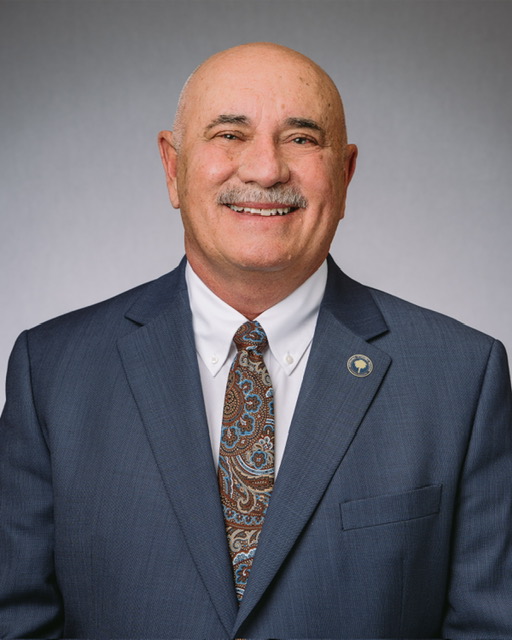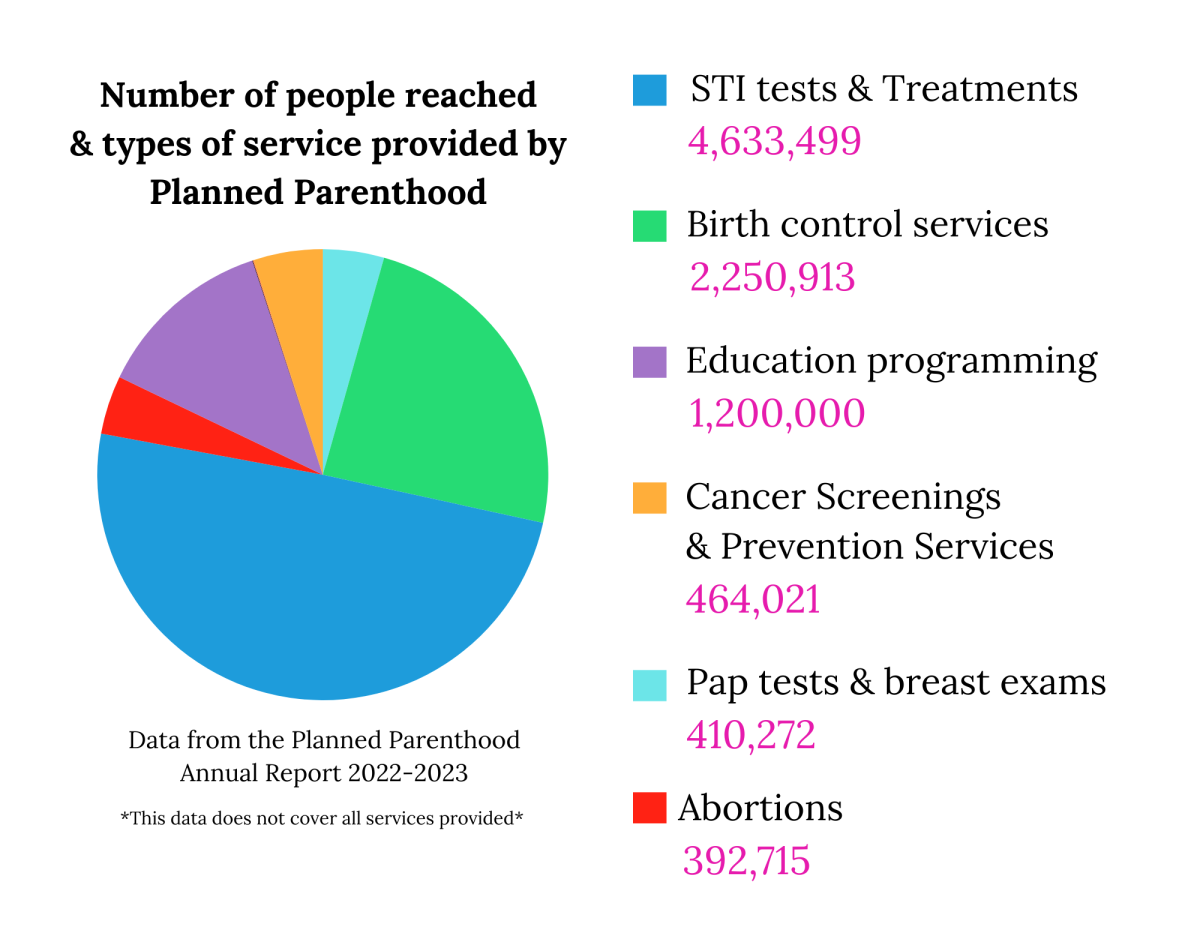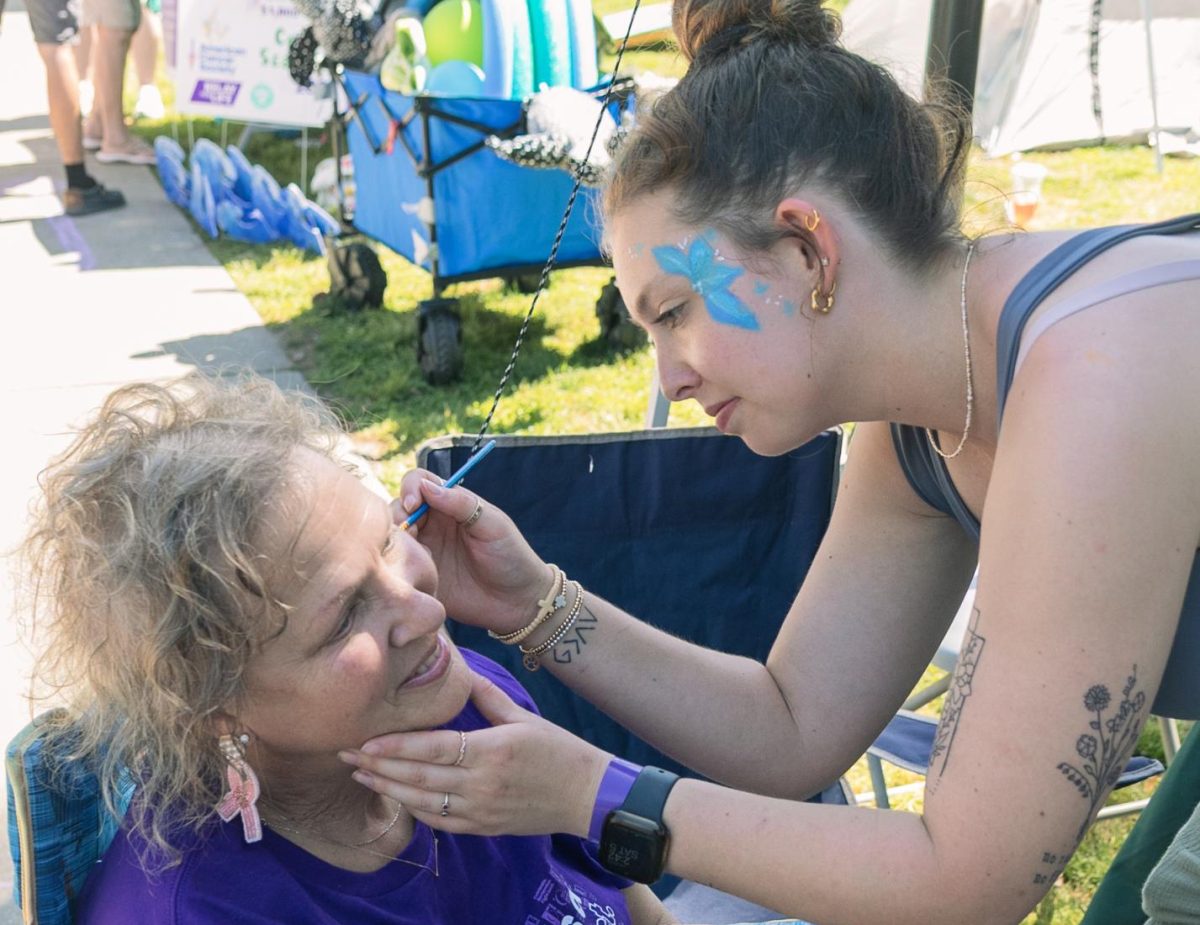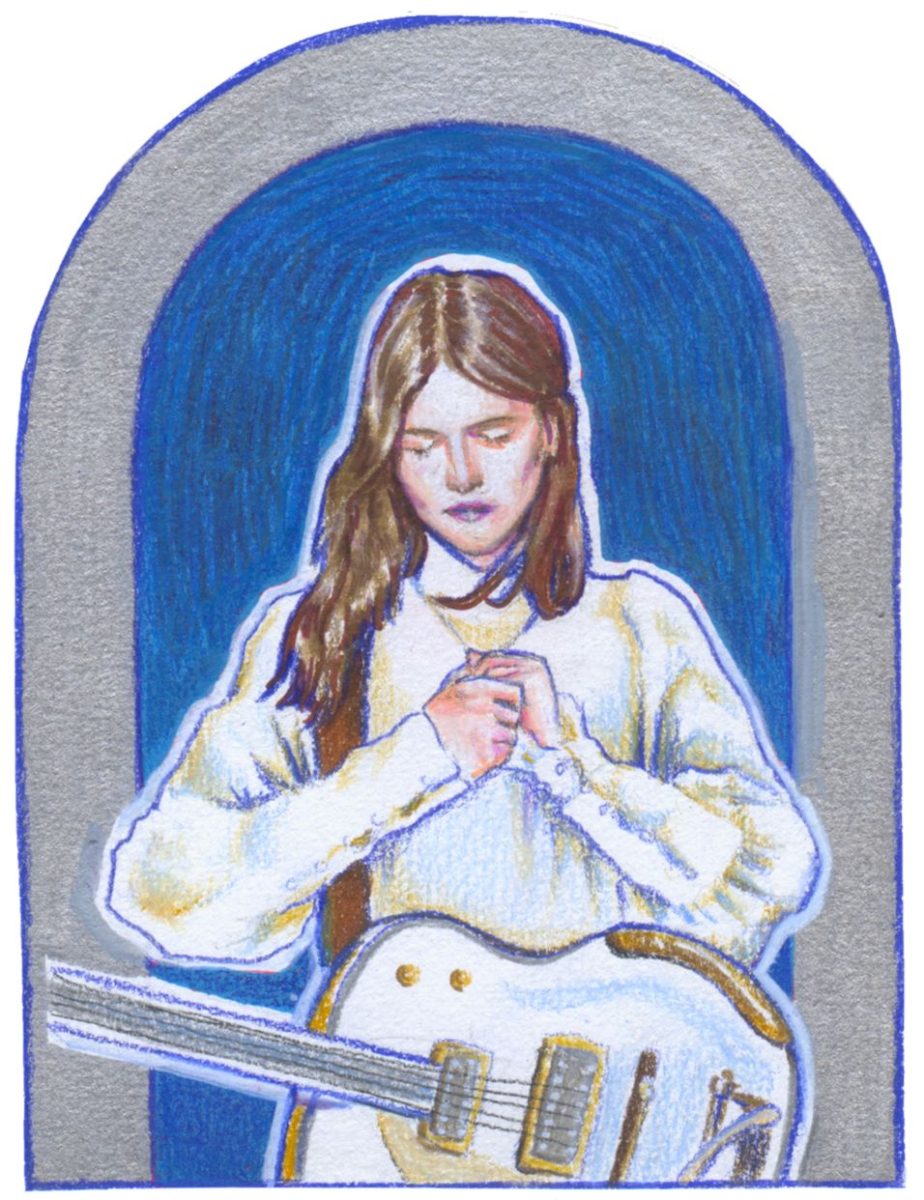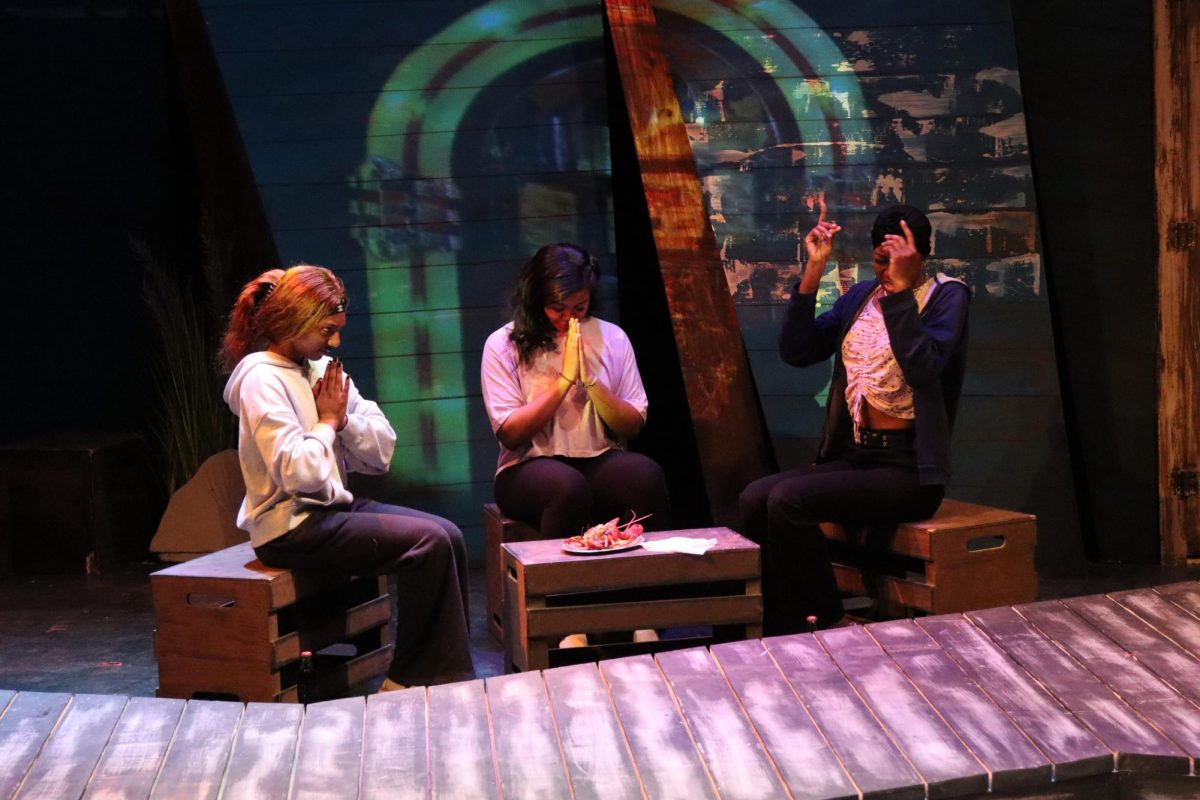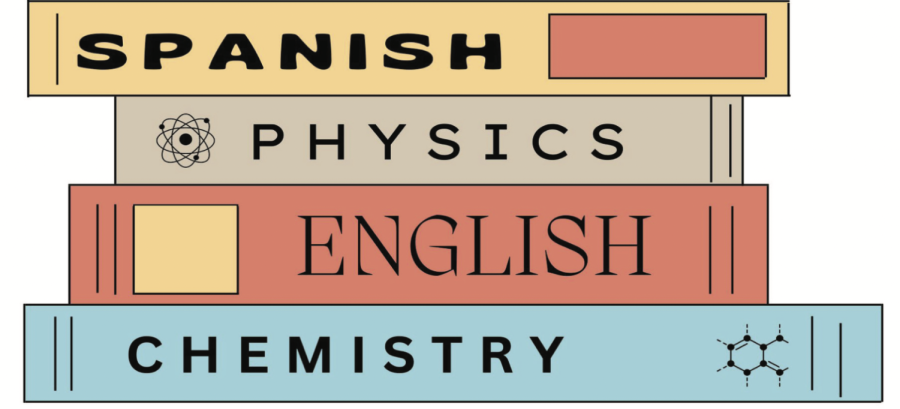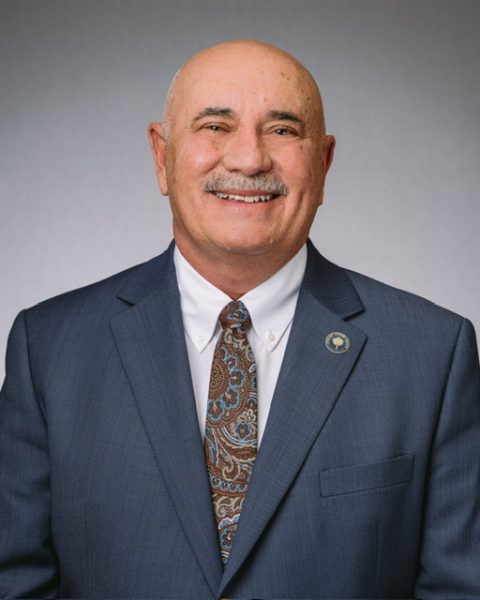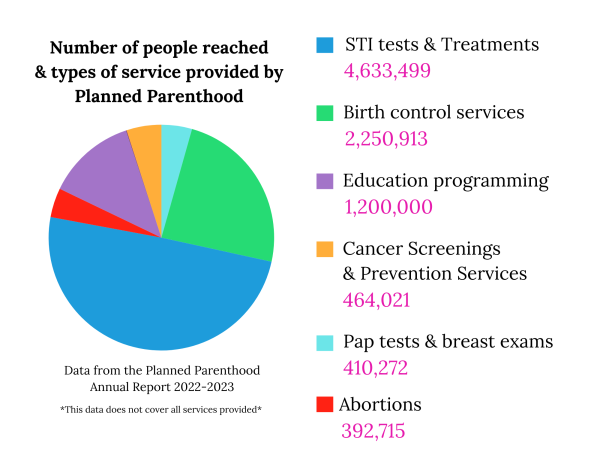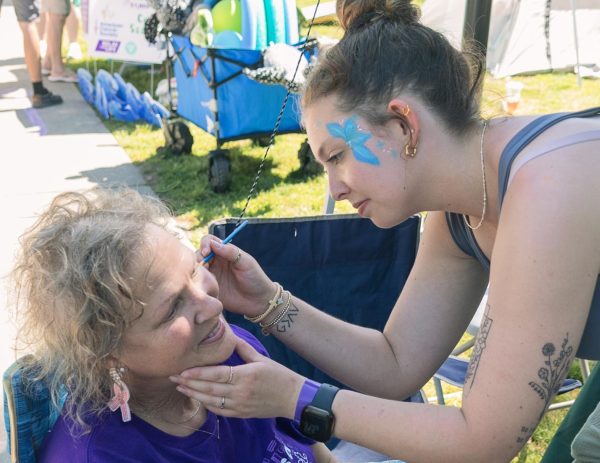New opportunities unfold for students: Board of Trustees approves four new degree programs
The Coastal Carolina University Board of Trustees recently approved four new degree programs in hopes to better prepare students and fill the demand for teachers in the state of South Carolina.
Each degree is built to prepare students to teach high school subjects, but first must get approval from the South Carolina Department of Education and the Southern Association of Colleges and Schools.
Bachelor of Arts in chemistry (with a chemistry education track)
The bachelor’s degree in chemistry is aimed toward students looking to further their education as a whole. This degree program will include several different chemistry tracks, including chemistry education. Similar to the rest of the new degree programs, it is in conjunction with the Spadoni College of Education, and is designed to prepare students to teach high school chemistry.
The Director of Core Curriculum and Associate Professor in the Department of Chemistry Brett Simpson said the program came about through a University-wide discussion. This discussion stemmed from the need for more high school chemistry teachers as well as taking the current available chemistry programs and paths into consideration. He said a majority of current high school chemistry teachers come from biology and other science backgrounds, rather than chemistry specifically.
The program’s approval must come from the Commission on Higher Education (CHE), which will be decided by the fall of 2023. Although, due to further approval from other state education departments, the degree will not be available to students until the 2024 Fall Semester.
“Right now, we are not seeing any reason for it not to get approved. We would
be one of the few in the community to provide that opportunity for students,” Simpson said.
Bachelor of Arts in physics education
The bachelor’s in physics education in particular is meant to prepare students to teach high school physics. George Hitt, associate professor and chair of the Department of Physics and Engineering Science said the program paves a path for those interested in exploring future opportunities after graduation.
“The degree is an attempt to create a smoother and shorter path for those interested in teaching physics [at the high school level] after graduation,” Hitt said.
He said the University had a good rational in anticipation of the degree’s approval. Hitt said the University is looking to improve the bachelor of science program.
Hitt said the new physics program will help prepare students for The Praxis, a required test that all education majors must pass before beginning their career. The program is a collaboration between the Gupta College of Science and the Spadoni College of Education.
Through this collaboration, students will take a total of 48 credit hours from a variety of 200 and 300-level calculus and physical science courses. The Spadoni College of Education’s contribution includes the necessary aspects of teaching, in addition to the required science courses.
Bachelor of Arts in English education
The new English education degree was designed to allow students to take content area courses parallel to any necessary education courses. Similar to the other proposed degrees, students in this program can graduate in four years with all of the necessary credits and preparation to become high school English teachers.
English and Digital Culture and Design Chair Jen Boyle said the need for teachers in the area has grown and continues to do so.
“There is a huge upcoming need for teachers as a result of both COVID-19 and The Great Resignation,” Boyle said.
The Great Resignation Boyle referred to is a time period where the rate of resignation was at an all-time high. This left teacher and other faculty positions in extreme demand. This degree was specifically formulated to decrease this demand as well as spark interest for students who have not yet decided on a career path.
Although further adjustments will need to be made along the way, Boyle said she highly anticipates both the approval and overall success of the bachelor program in English education.
Bachelor of Arts in Spanish education
The fourth and final degree program, a bachelor’s degree in Spanish education, was created with similar intentions
as the other programs. The idea came about regarding the push for education degrees to provide a relevant and well- rounded education, as well as the need for secondary education teachers.
Alex Hogue, associate chair of languages and intercultural studies, said the program will create a clear path for students to obtain teaching positions after graduating from CCU. Hogue said the current language degree programs offer many possible opportunities, but if the corporate world is not of interest for some students, teaching may be a better fit for them.
“We can train students to be excellent teachers and serve this area well,” he said.
Hogue said it has been a smooth process working with the Spadoni College of Education on combining the two content areas to benefit more students.
“They have been amazing in helping us get these created,” Hogue said.
Faculty members in both the Languages and Intercultural Studies and Spadoni College of Education Department said they are optimistic about the approval of the new degrees and hope to have further confirmation in 2023 and 2024.
